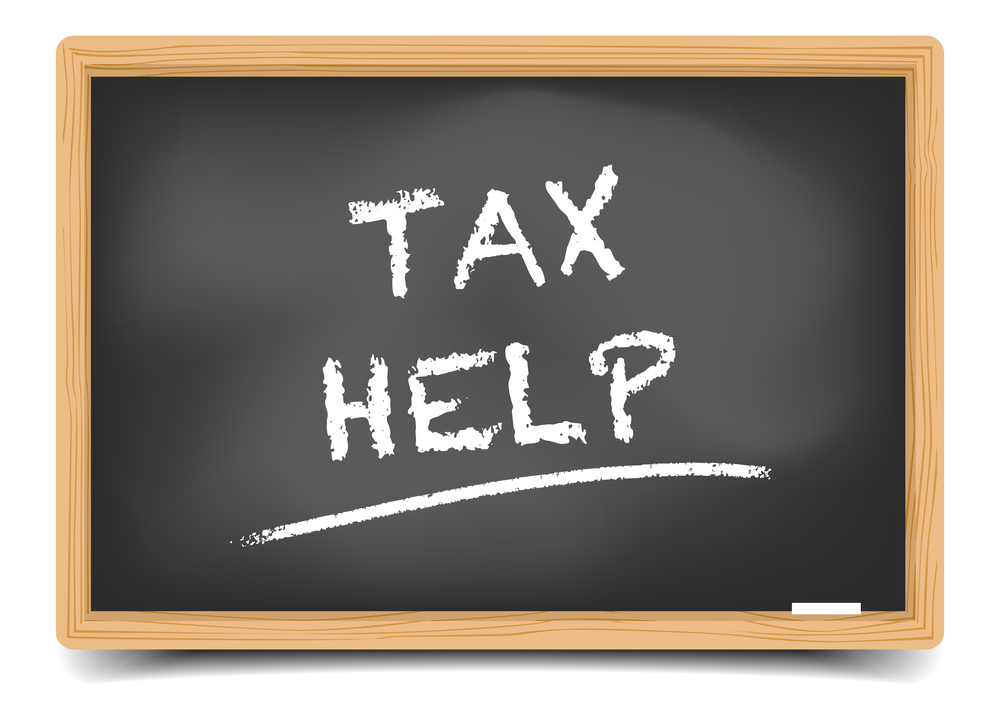Owning your own home was once thought to be “The American Dream”. But after the Great Recession when home values plunged 34%, that long term view quickly changed. According to the Case-Shiller-Weiss Home Price Index, home prices declined 34% from a peak in April 2006 to a trough in January 2012. Since then prices have recovered strongly and are currently down only 12% from its peak. Nevertheless, this plunge caused many people to re-think home ownership.
However, there are tax benefits to owning a home compared to renting. Tax deductions for homeowners include mortgage interest, real estate taxes and mortgage insurance. Borrowers are required to purchase mortgage insurance when they cannot come up with a 20% down payment. Mortgage insurance is sold by the government if you have a FHA or VA loan. FHA and VA loans end up in Ginnie Mae securities. Mortgage insurance is sold by private companies, like MGIC or Radian, if your lender sells to Fannie Mae or Freddie Mac. Fannie Mae and Freddie Mac are called Government-Sponsored Enterprises or GSEs.
Mortgage interest and mortgage insurance is reported to the borrower on Form 1098. All mortgage interest is deductible except for the portion on mortgage debt that exceeds $1 million, or $500,000 for married filing separately. Mortgage insurance limitations begin when adjusted gross income exceeds $100,000, or $50,000 for married filing separately. Real estate taxes are also deductible and there are no limitations. These deductions are listed on Schedule A (Itemized Deductions) to an individual’s tax return, Form 1040.
In summary, even if your monthly payment is higher when owning a home, it may be more economic to do so. This depends on your tax bracket, annual real estate taxes, interest expense and mortgage insurance. I’ll provide more details on this topic in the weeks and months ahead as there is a lot more to discuss.
If you like the information you are seeing, please contact us for a free consultation, including a review of your prior 3 years of tax returns. We specialize in tax preparation for individuals, businesses and non-for-profit organizations. We can also help you with home purchases and home refinancing.
Regards for now,
Ivan Halpern, CPA
Halpern – Kestenbaum
718-206-0060
ivan@hkpartners.co
[su_spacer]
[su_spacer]


 Welcome to the first tax article from the firm of Halpern-Kestenbaum. Over the course of this year we will provide you with useful tax information and interesting facts about our tax laws and how tax revenues are used.
Welcome to the first tax article from the firm of Halpern-Kestenbaum. Over the course of this year we will provide you with useful tax information and interesting facts about our tax laws and how tax revenues are used.

